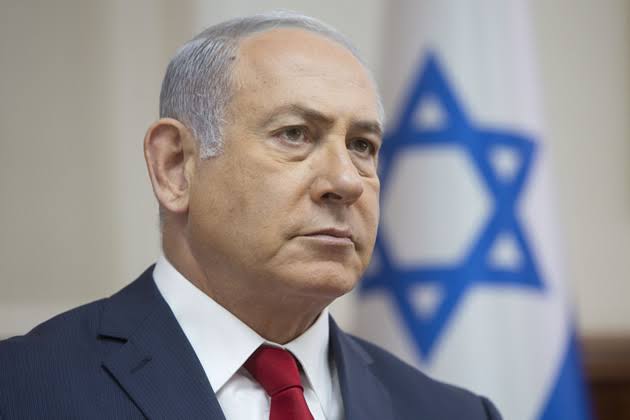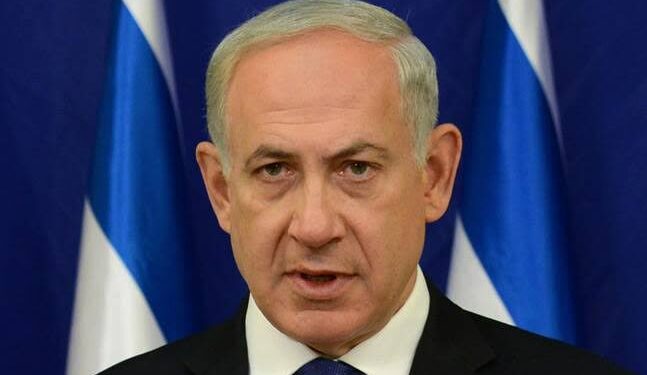Contrary to reports from the US, Israeli Prime Minister Benjamin Netanyahu stated in an interview with Fox News on Thursday that “There’s not a deal in the making.” He emphasized, “Unfortunately, it’s not close.” This directly contradicts recent claims from US officials that a ceasefire and hostage deal was nearly finalized, with some reports suggesting the agreement was 90% complete.
Netanyahu dismissed these reports as inaccurate. “There’s a narrative out there that there’s a deal on the table,” he said. However, he argued that Hamas has not agreed to any critical terms, such as control of the Philadelphi Corridor or the exchange of hostages for imprisoned terrorists, calling such claims “a false narrative.”

Accusations of Blocking a Deal
Netanyahu has faced increasing criticism, both domestically and internationally, that he may be deliberately hindering a potential deal with Hamas. The Israeli newspaper Yedioth Ahronoth recently published a report citing documents indicating that Netanyahu introduced a series of last-minute demands in July, effectively halting a draft ceasefire and hostage exchange agreement.
In response to these accusations, Netanyahu firmly rejected any claims that he has been an obstacle to peace. “The obstacle to the end of this war is Hamas,” he stated during his interview. “The obstacle to the release of hostages is Hamas. The ones who butchered, murdering six people in cold blood, are Hamas. It’s not Israel. It’s not me.”
American Hostages and US Involvement
Netanyahu was also asked about reports suggesting that families of American hostages held by Hamas are pressuring the US administration to independently negotiate their release. He acknowledged the difficulty these families are facing but refrained from commenting directly on the situation, stating, “I don’t judge the families. They’re going through enormous anguish.”
A Complex Ceasefire Negotiation
Netanyahu’s comments add yet another layer of complexity to the already difficult ceasefire negotiations. Israel has been repeatedly accused of stalling the talks, with critics pointing to Netanyahu’s hardline stance, including his insistence that Hamas must be completely dismantled before any agreement can be reached.
The conflicting narratives from the US and Israel raise important questions about the state of the ceasefire negotiations. Why do the two allies appear to have such differing views on the progress of the deal? And what is truly happening behind closed doors as both sides attempt to navigate this fraught situation?

















